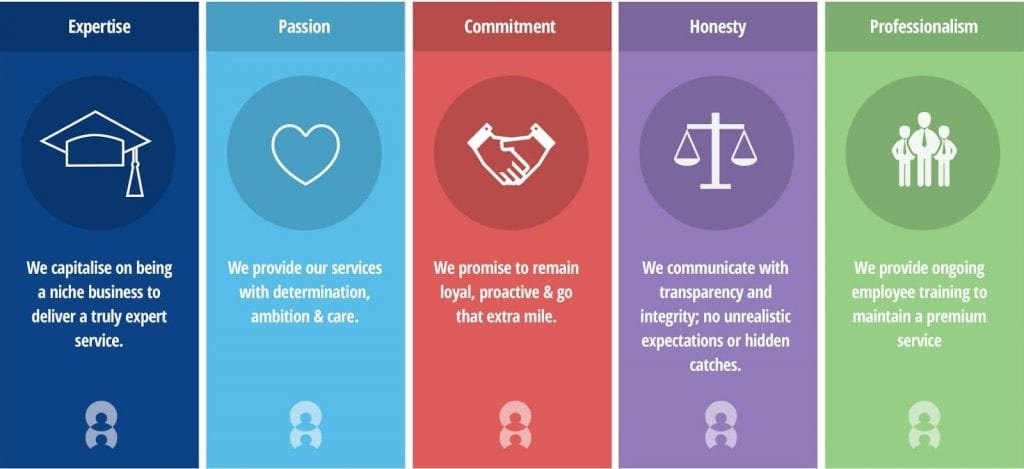One of the greatest problems employers face is not just finding the employee that is the “right fit” for your company, but to retain existing high-performing staff.
According to a study by Robert Half, 56% of Singaporean CFOs stated that they have seen an increase in the staff turnover rate between the years 2016 to 2018.
Employees resign voluntarily when there are better job opportunities, or simply – when there is a lack of job satisfaction. You would have heard of major companies such as Google and Netflix putting in tons of effort to ensure that the well-being of their employees are looked after. The great news is, you don’t need to have a giant budget or an expensive-looking comfy lounge chair to keep your employees contented. Building a positive company culture starts from something as easy as a simple gesture.
It is essential to work towards a positive work culture in your company as employees may have difficulty in finding value and meaning in their work without one. Here are some things you can do to create a positive workplace for your employees:
1. Determine your company’s values and goals as a team.
Do it together with your employees. You might already have established your company’s values and goals a while back, but reviewing could help to realign everybody back on track. Not only does this promote staff involvement, it encourages a workplace of inclusivity and promotes a sense of belonging in your employees by allowing them to be part of your company’s goal setting activity. Job satisfaction means more than just how big a paycheck is. Your employees want to work for a company that shares the same values as they do.

2. Listen.
Employee feedback is just as important as customer feedback. How your employee portrays your brand to his or her family and friends is known as your talent brand. By listening to your staff, you will be able to identify issues in your company that you might have previously overlooked. It is also an opportunity to tap in on what is happening on an individual level. Employees share when you care. This in turn positively affects the way they communicate about their workplace to others outside of the company. It shows that their employers care about the welfare of staff members, and not just in hitting that target sales margin.

3. Show gratitude and be positive.
Encourage positive talk among your employees. Be appreciative and remember to acknowledge good work. Pay raises are definitely the most incentivising for many, but a little pat on the back or a simple compliment like “well done!” could also make your employee’s day. Employees are also more likely to engage in positive behaviour when they see their employers doing so. Positive thinking will eventually cultivate into positive outcomes.

4. Respect.
This is more than just respectful communication. It is also about respecting other people’s time. There is nothing more frustrating than having to fix things after someone or to make time to hunt for that very document a fellow colleague misplaced. Do not tolerate this form of behaviour as it does not promote a positive culture in your workplace. Always promote good work ethics.
5. Promote team bonding.
Although “team bonding” might be an overused term, it could be overlooked especially with everyone on the hustle. Make time to foster social connections in your company – among employees, across departments – you name it. Organise social events to engage your employees. This provides opportunities to promote empathy and mutual understanding among co-workers.

Encouraging open communication between people in your organisation and making time to foster team bonds are important in ensuring a positive environment for your staff. Work culture not only affects business performance – it is the key to attracting and retaining employees. The benefits reaped from building a positive company culture are endless. They include:
- Reduced employee stress levels;
- Increase in job satisfaction;
- Boost in employee loyalty;
- Increase in productivity levels.
Be the company that wants your employees to succeed – not only on the career ladder, but as an individual too. Ultimately, that is when you can truly build a positive company culture.











